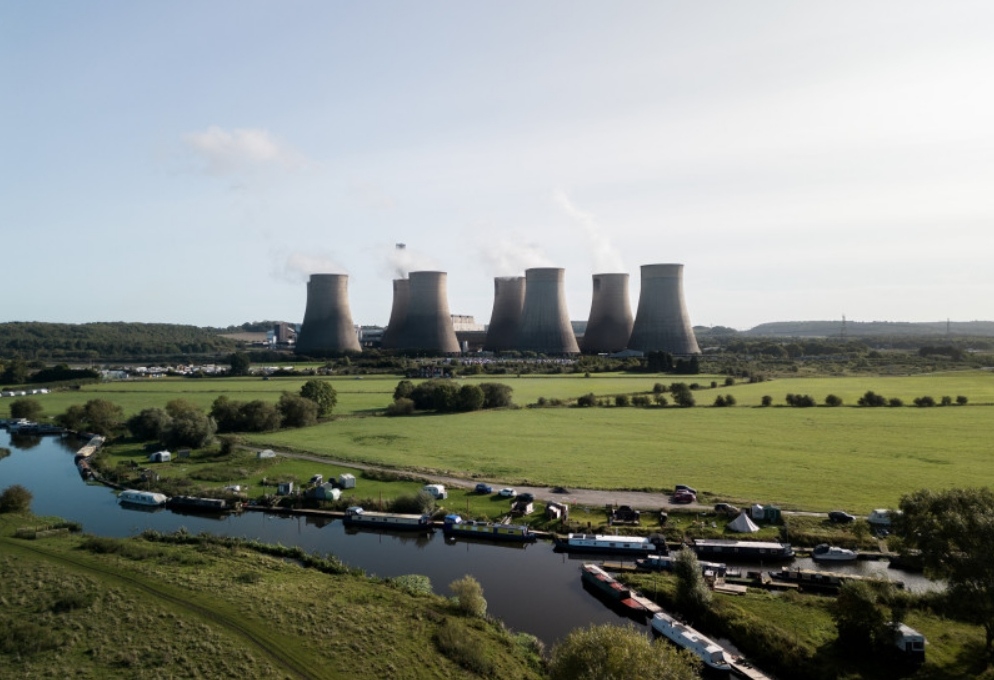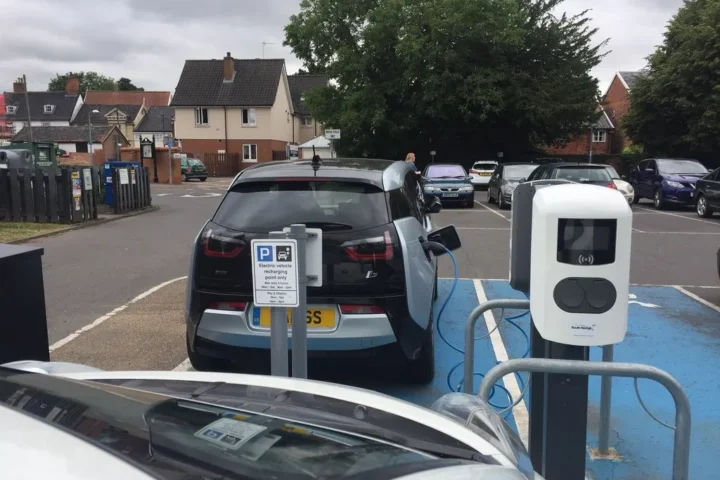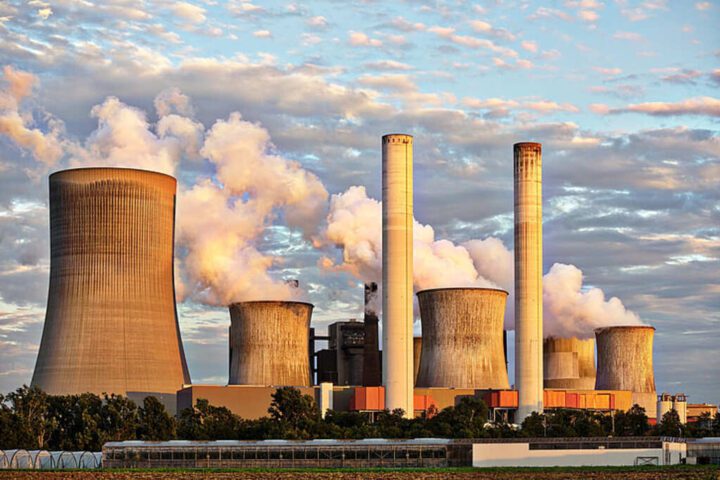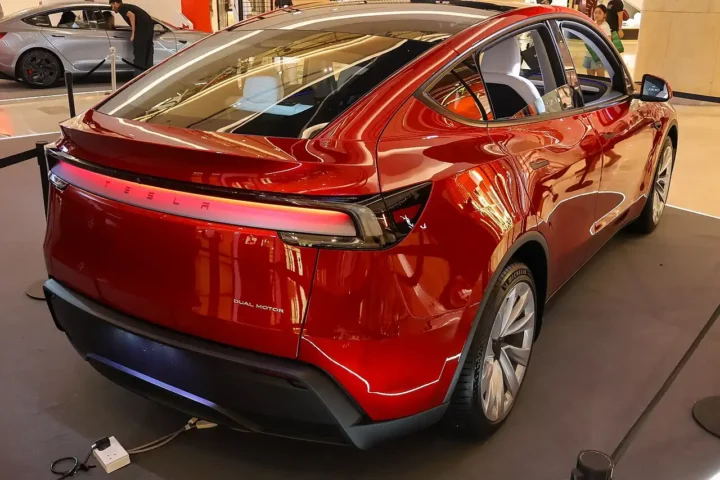In a historic move marking the end of a 142-year dependence on coal, the UK’s last operational coal-fired power station, Ratcliffe-on-Soar in Nottinghamshire, permanently ceased operations on 30th September (Monday). The government’s ambitious policy to phase out coal power aligns with the closure, a plan it initiated nearly a decade ago as the nation strives to achieve net-zero greenhouse gas emissions by 2050.
Ratcliffe-on-Soar: Powering the Nation for 57 Years
The Ratcliffe-on-Soar Power Station, which began generating electricity in 1967, has been a cornerstone of the UK’s energy infrastructure. According to its parent company, Uniper, the plant has produced enough energy throughout its lifetime to power two million homes, with a capacity of 2GW. Metaphorically speaking, this amount of energy could have been used to brew more than 21 trillion cups of tea.
The plant manager Peter O’Grady expressed the closure’s emotional significance, stating, “It is an emotional day for me as well as for the team. When I started my career 36 years ago, none of us imagined a future without coal generation. I am incredibly proud of what we’ve achieved together over the years and to be part of this energy milestone as the country focuses on a cleaner energy future.”
UK Leads G7 in Phasing Out Coal
The UK’s decision to phase out coal power by 2025 through stringent green regulations makes it the first G7 nation to take this step. Ministers even proposed advancing the deadline by a year, shortly before hosting the UN’s COP26 climate talks in Glasgow in late 2021, thereby reinforcing the country’s leadership in climate action on the global stage.
Swift Transition from Coal Power
The UK’s reliance on coal has seen a dramatic decline over the past few decades. In the early 1980s, coal accounted for a staggering 80% of the nation’s electricity, decreasing to 40% by 2012. However, the last decade witnessed a rapid shift, with coal’s share plummeting due to costly carbon taxes and the rise of more affordable renewable energy options.
Frankie Mayo, Senior Energy & Climate Analyst, UK Ember, stated, “The era of coal-free power begins. The UK has achieved something massive, shifting its power system from a huge polluter to one where renewables are thriving, in an astonishingly short period of time. But the work to build a clean power system will continue – to cut the need for expensive imported gas, to lower energy bills and to generate the clean electricity which will enable the rest of the economy to transition too.”
Similar Posts
Global Trend in Phasing Out Coal
The UK’s progress in phasing out coal power reflects a broader global trend. According to an Ember report, coal power has been halved among OECD countries since peaking in 2007, accounting for just 17% of their electricity generation in 2023. Notably, 27 out of the 38 OECD member states have committed to eliminating coal power by 2030.
Ensuring a Just Transition for Coal Industry Workers
As the UK transitions away from coal, the government has emphasized the importance of ensuring a fair transition for workers in the coal industry. Uniper has collaborated with unions to assist many engineers in securing new positions at the company’s other power plants or accessing training for roles in other areas of the energy sector. Over 100 staff members are expected to remain at Ratcliffe to carry out decommissioning work over the next two years.
Embracing a Cleaner Energy Future
Energy Minister Michael Shanks acknowledged the historical significance of the closure, stating, “Today’s closure at Ratcliffe marks the end of an era, and coal workers can justifiably take pride in their contributions to powering our country for over 140 years. As a nation, we owe generations a debt of gratitude.


















